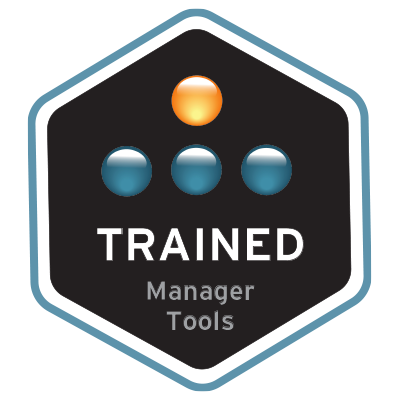![]()


in
Forums
My little corner of my organization is going to experiment with using agile project management techniques (alongside some traditional "waterfall" techniques) to deliver IT projects more quickly and with higher quality. And I'm guessing I'm not the only Fed who's trying to do this.
I'm a PMP, but I'm not familiar (yet) with things like Scrum. I am trying to stave off another stovepipe as the wonderful black box of an agency I call home tries to go at it alone. I'd like to learn from others' experiences. And maybe, over time, I can reciprocate so our agencies can learn from each other.
If you can help, please PM me.
Thanks,
BJ



Any Agile IT Project Managers in Federal Gov't Here?
I don't work in the federal government, though I have worked for a vendor who supplied software and services to FEMA.
I can try to answer any questions you have
Also, this Yahoo list is a great resource http://groups.yahoo.com/group/scrumdevelopment/
Good Luck
Any Agile IT Project Managers in Federal Gov't Here?
Not in the government, but I'm currently working an Agile method in a traditional project management structured environment.
It can work. You need to do all the good PM stuff that always gets done - keep design documents up to date, make sure you're up with testing requirements, etc. You always have to do this, no matter what method you're using.
The problems that you can expect is that you don't have an official schedule. You don't fit nicely into their project timeline and therefore, you are a risk. They won't like you for this, you will not be popular with the PM crowd.
If you don't make the timeline, your methodology (and you for suggesting it) will be blamed, not the work. Be strict on your scope and add more resources the instant it looks like you won't make it - DO NOT MISS A DEADLINE.
Its not fair, but when you're trying out new things, you have to be ready to accept that you're blamed if they don't work.
Brian
Any Agile IT Project Managers in Federal Gov't Here?
Both answers did not take into consideration that you're working for the government. I think this is your biggest challenge, as agility is certainly not a natural trait of governmental projects.
I have an article about [url=http://www.pmhut.com/can-we-combine-agile-and-waterfall-development-stra... agile with waterfall[/url], check it, and maybe you can post here your experience about mixing the 2 together.
Any Agile IT Project Managers in Federal Gov't Here?
I understand this will put me in the spotlight-slash-chopping-block. I am totally willing to accept that risk. I have some support from lower-upper management, and my goal is to make this work so that we can pitch it to upper-upper management that it's valid and deserves wider attention.
If - ahem, [i]when[/i] - it works, I will share it in ever-increasing concentric circles around my office.
Thank you for your help!
BJ
Any Agile IT Project Managers in Federal Gov't Here?
[quote="pmhut"]Both answers did not take into consideration that you're working for the government. I think this is your biggest challenge, as agility is certainly not a natural trait of governmental projects.
[/quote]
This is what I meant about agile methods not fitting nicely into traditional PM schedules. It is bad normally and I suspect will be worse with government inflexibility.
I don't think there is anything in the government sector per se that makes agile not work. But there is an entrenched culture that doesn't want to change and doesn't have to change. Making a change is an uphill fight no matter what the change is.
Brian
Any Agile IT Project Managers in Federal Gov't Here?
While researching agile project management methodologies, I found a nice article [url=http://www.stickyminds.com/sitewide.asp?ObjectId=10365&Function=DETAILBR... the PMBOK to agile practices[/url].
My colleague and I fully expect the first iteration will be "one to throw away." There will be a lot of project deliverables we can carry over to future projects - of which we have many in the hopper - so we will learn what works best. I am already thinking hotwash.
BJ